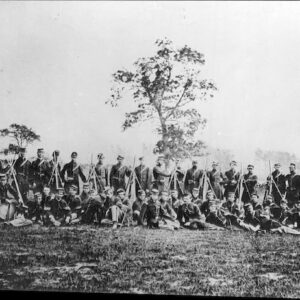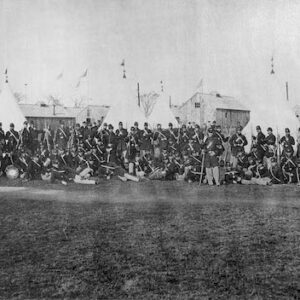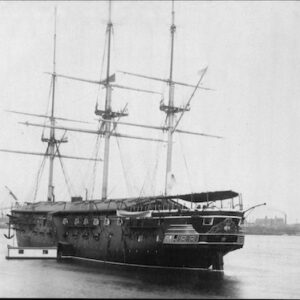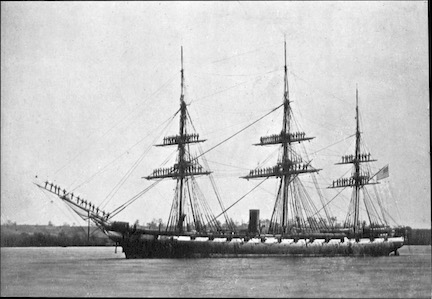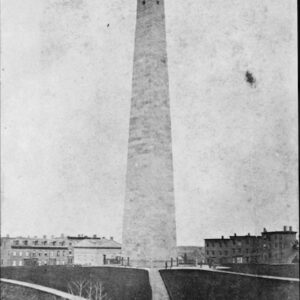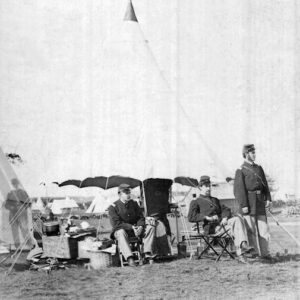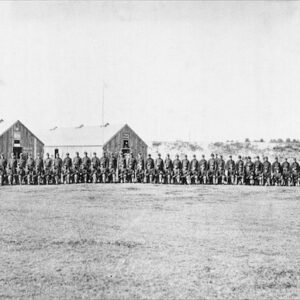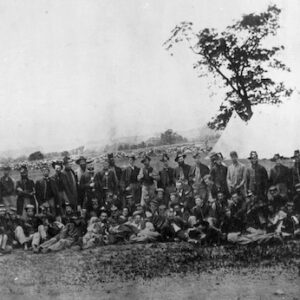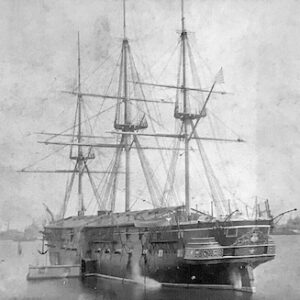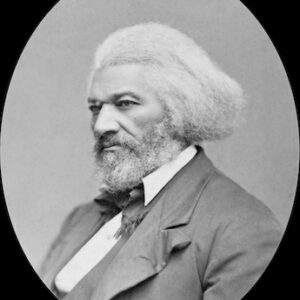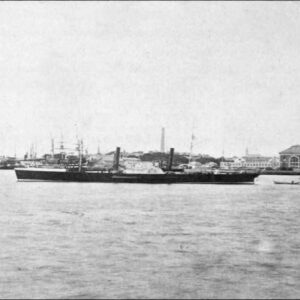Tag: Massachusetts
Wikipedia says: Massachusetts, officially the Commonwealth of Massachusetts, is the most populous state in the New England region of the United States. It borders on the Atlantic Ocean to the east, Connecticut to the southwest and Rhode Island to the southeast, New Hampshire to the northeast, Vermont to the northwest, and New York to the west. The capital of Massachusetts is Boston, which is also the most populous city in New England. It is home to the Greater Boston metropolitan area, a region influential upon American history, academia, and industry. Originally dependent on agriculture, fishing and trade, Massachusetts was transformed into a manufacturing center during the Industrial Revolution.
Plymouth was the site of the second colony in New England after Popham Colony in 1607 in what is now Maine. Plymouth was founded in 1620 by the Pilgrims, passengers of the Mayflower. In 1692, the town of Salem and surrounding areas experienced one of America’s most infamous cases of mass hysteria, the Salem witch trials. In 1777, General Henry Knox founded the Springfield Armory, which during the Industrial Revolution catalyzed numerous important technological advances, including interchangeable parts.[
In 1786, Shays’ Rebellion, a populist revolt led by disaffected American Revolutionary War veterans, influenced the United States Constitutional Convention. In the 18th century, the Protestant First Great Awakening, which swept Britain and the Thirteen Colonies, originated from the pulpit of Northampton preacher Jonathan Edwards. In the late 18th century, Boston became known as the “Cradle of Liberty” for the agitation there that later led to the American Revolution.
The entire Commonwealth of Massachusetts has played a powerful scientific, commercial, and cultural role in the history of the United States. Before the American Civil War, Massachusetts was a center for the abolitionist, temperance, and transcendentalist movements.
…Although Massachusetts was the first slave-holding colony dating back to the early 1600s, in the years leading up to the American Civil War, Massachusetts was a center of progressivist and abolitionist activity. Horace Mann made the state’s school system a national model. Henry David Thoreau and Ralph Waldo Emerson made major contributions to American philosophy. Members of the transcendentalist movement emphasized the importance of the natural world and emotion to humanity.
Although significant opposition to abolitionism existed early on in Massachusetts, resulting in anti-abolitionist riots between 1835 and 1837, opposition to slavery gradually increased throughout the next few decades. Abolitionists John Brown and Sojourner Truth lived in Springfield and Northampton, respectively, while Frederick Douglass lived in Boston and Susan B. Anthony in Adams, Massachusetts. The works of such abolitionists contributed to Massachusetts’s actions during the Civil War. Massachusetts was the first state to recruit, train, and arm a Black regiment with White officers, the 54th Massachusetts Infantry Regiment. In 1852, Massachusetts became the first state to pass compulsory education laws.
Showing all 12 results
